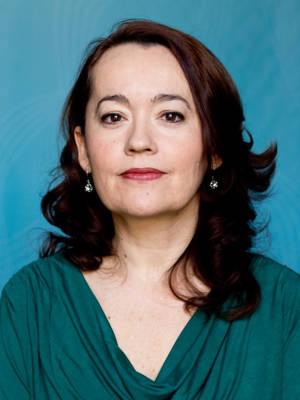A collaborative strategic institute programme - Norwegian Institute for International Affairs (NUPI) and PRIO.
NUPI Staff
image(arrow) Jens Chr. Andvig
image(arrow) Axel Borchgrevink
image(arrow) Stein Sundstøl Eriksen
image(arrow) Ståle Ulriksen
image(arrow) Anita Haslie
Project Description
Could the phenomenon of state failure be better understood through a focus on the regional context? To what extent could studies of regional security benefit from a focus on the capacities and vulnerabilities of the states involved? These are the fundamental questions to be pursued in this collaborative program.
State failure, manifesting itself in the inability of a state to maintain its monopoly of violence, has become a widespread phenomenon in several regions, including Central Asia, Afghanistan, the Caucasus and many parts of Africa. While the weaknesses of the institutions of the state in question are an obvious dimension of state failure, there is also an important international dimension. In many cases, failing states form part of regional complexes, where conflicts are interwoven and spill across borders. This may take the form of armed opposition groups operating from bases in neighboring countries – with or without government support – or of the direct interference of state or non-state actors from the neighboring countries. The displacement of large population groups across borders, and the role of refugee camps as resource bases for armed opposition groups, add to the international dimension of these conflicts. Economic interests – linked to the extraction of resources or the supply of goods for which the demand has increased because of conflict – also transcends national borders.
This programme will bring together researchers from PRIO and NUPI, exploring how a focus on the regional dimensions of state failure illuminates key aspects of ‘failed states’ and regional security complexes. The program will on a small number of cases, taking individual countries in a state of civil war their points of departure, and placing this firmly in the larger regional security dynamics of which they form a part:
- Afghanistan (Harpviken)
- Democratic Republic of Congo (Eriksen, Ulriksen)
- Georgia (Baev)
- Northern Iraq (Tank)
- Southern Sudan (Borchgrevink)
Methodologically, the researchers in the programme will combine the examination of written sources with primary fieldwork in the relevant countries and regions. The research team has a diverse background, including Political Science, Social Anthropology and Sociology, and the members share a strong interest in historical and comparative approaches to the study of armed conflict.
An international reference group is set up to supervise the development of the program and provide academic guidance. The following are members of the reference group:
Cristopher Clapham
David A. Lake
Barnett A. Rubin
Michael Watts
The programme will host an international conference each year, presenting work-in-progress and discussing overarching implications, drawing on the expertise of the members of the reference group.
Thematically, the collaborative project is linked to several other initiatives at the two institutes, including the research agenda pursued by Working Group 1 at PRIO’s Centre for the Study of Civil War, which is also led by Harpviken.








